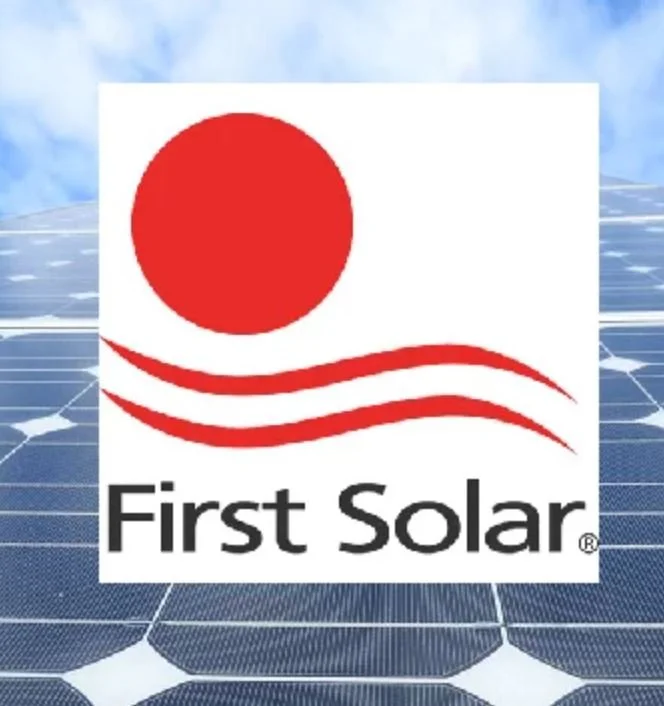Off-Grid Systems
An off-grid solar system is completely independent of the utility grid. Instead of relying on power lines, it generates electricity through solar panels, stores that energy in batteries, and converts it into usable AC power with an inverter. Because there’s no grid backup, the system must be carefully designed to handle your daily energy use, seasonal changes, and unexpected surges in demand.
Where Off-Grid Systems Are Used
Off-grid solar makes the most sense in locations where grid power isn’t available or is too costly to extend. Common examples include:
Remote cabins and homesteads
Farms needing water pumping or refrigeration
Telecom towers and monitoring stations
Emergency shelters or disaster-response sites
Communities without existing utility infrastructure
The Building Blocks
Every off-grid system has the same core pieces working together:
Solar Array – Collects and produces DC electricity from sunlight.
Charge Controller (MPPT preferred) – Regulates current and voltage to protect the batteries.
Battery Bank – Stores energy for night and cloudy days; often sized for 2–5 days of autonomy.
Inverter – Turns DC into standard AC power; must also handle motor start-up surges.
Controls & Monitoring – Track usage, battery health, and overall system performance.
Technical Considerations
A reliable off-grid setup comes down to details:
Load calculations must be precise — underestimating daily consumption is a common failure point.
Battery choice matters; lithium (LiFePO4) allows deeper discharge and longer lifespan than lead-acid.
Inverters need to handle both continuous loads and short-term surges.
Backup generation (like a small generator) is often recommended for resilience during extended cloudy periods.
Benefits and Trade-Offs
Off-grid solar provides full energy independence and avoids the high cost of extending utility service. But it also requires higher upfront investment, ongoing battery maintenance, and careful system management. Unlike grid-tied solar, you can’t lean on the utility for extra power if your system runs short.
Off-Grid Solar in Indiana
In Indiana, only a handful of installers focus on true off-grid projects. Most solar companies in the state design primarily for grid-tied systems because of how policies and economics are structured. If you’re considering going off-grid, it’s important to work with a contractor who has direct experience with storage systems, generator integration, and remote-site reliability. We can help connect you with professionals in Indiana who specialize in off-grid design and installation.












